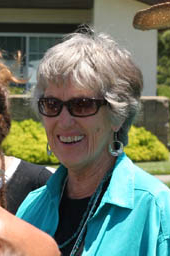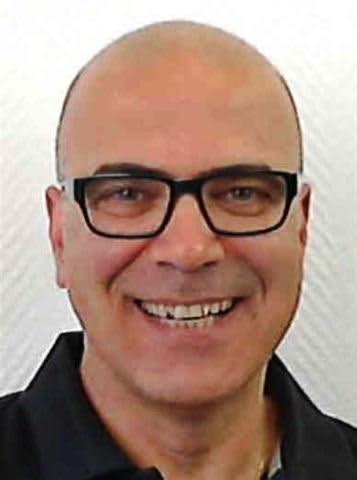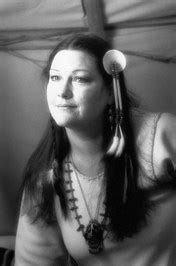A Quote by Henri Nouwen
A life without a lonely place, that is, a life without a quiet center, easily becomes destructive. When we cling to the results of our actions as our only way of self-identifiction, then we become possessive and defensive and tend to look at our fellow human beings more as enemies to be kept at a distance than as friends with whom we share the gifts of life.
Quote Topics
Related Quotes
When you look at what is happening to our world-and it is hard to look at what's happening to our water, our air, our trees, our fellow species-it becomes clear that unless you have some roots in a spiritual practice that holds life sacred and encourages joyful communion with all your fellow beings, facing the enormous challenges ahead becomes nearly impossible.
Our situation on this earth seems strange. Every one of us appears here involuntarily and uninvited for a short stay, without knowing the whys and the wherefore. In our daily lives we only feel that man is here for the sake of others, for those whom we love and for many other beings whose fate is connected with our own. I am often worried at the thought that my life is based to such a large extent on the work of my fellow human beings and I am aware of my great indebtedness to them.
More than anything else, kindness is a way of life. It is a way of living and walking through life. It is a way of dealing with all that is-our selves, our bodies, our dreams and goals, our neighbors, our competitors, our enemies, our air, our earth, our animals, our space, our time, and our very consciousness. Do we treat all creation with kindness? Isn't all creation holy and divine?
Forgiveness and the release of the past open the creative flow of life, supporting all levels of mind, heart, body, emotion, and spirit. This energy flow determines the state of our health, our desire to create and procreate, our willingness to develop our gifts, and how we use or deny the life force that we are given as human beings. . . . by choosing to let go of the past, our fears, and our negative patterns or reactions to life, we are suddenly funded with a resurgence of life force, which propels us into a newfound way of being and a very different way of understanding the world.
The heart is our hidden center, beyond the grasp of our reason and of others; only the Spirit of God can fathom the human heart and know it fully. The heart is the place of decision, deeper than our psychic drives. It is the place of truth, where we choose life or death. It is the place of encounter.
The human heart is the first home of democracy. It is where we embrace our questions: Can we be equitable? Can we be generous? Can we listen with our whole beings, not just our minds, and offer our attention rather than our opinion? And do we have enough resolve in our hearts to act courageously, relentlessly, without giving up, trusting our fellow citizens to join us in our determined pursuit-a living democracy?
The human species has all but lost its heart; we gave it up for the illusionary fruits of the material world. But a life without heart is a life without life force. The psyche, as well as the body, needs both heart and brain in order to survive. Like Chinese women who bound their feet and the could no longer walk freely, we have bound our hearts, and thus stunted our growth as moral beings.
I truly believe that to stay home, to learn the names of things, to realize who we live among . . . then I believe a politics of place emerges where we are deeply accountable to our communities, to our neighborhoods, to our home . . . If we are not rooted deeply in place, making that commitment to dig in and stay put . . . then I think we are living a life without specificity, and then our lives become abstractions. Then we enter a place of true desolation.
We cannot doubt that barbaric people receive such influences more visibly and obviously, and in all likelihood more easily and fully than we do, for our life in cities, which deafens or kills the passive meditative life, and our education that enlarges the separated, self-moving mind, have made our souls less sensitive.



































